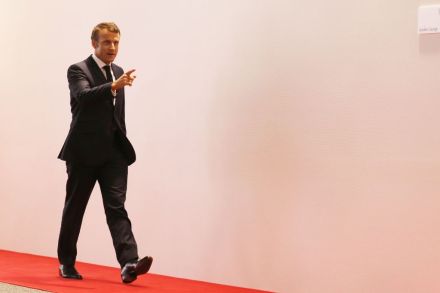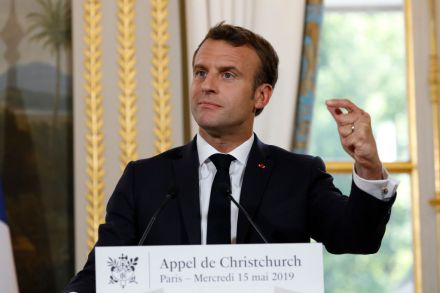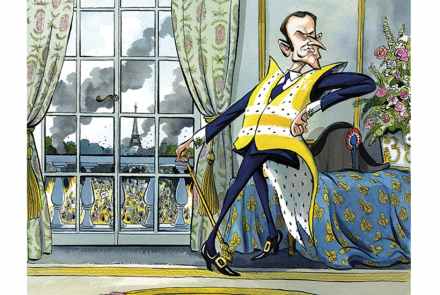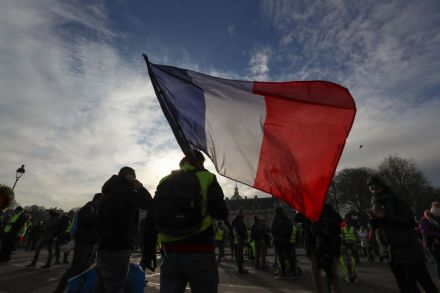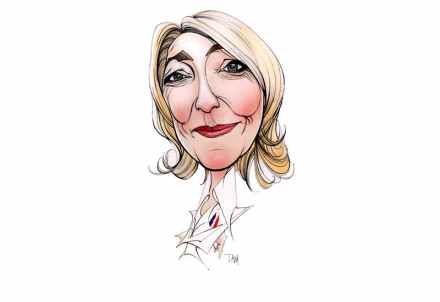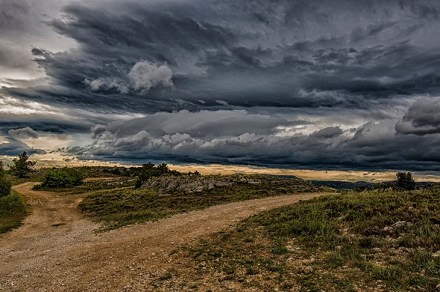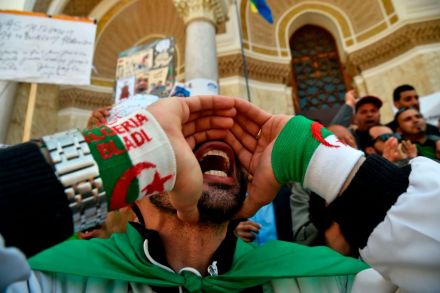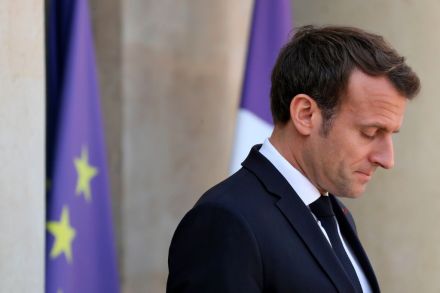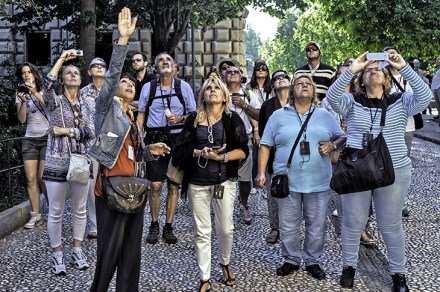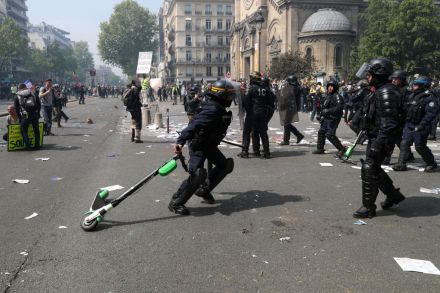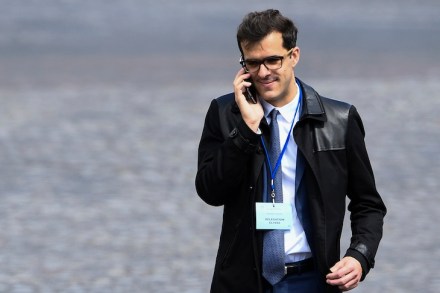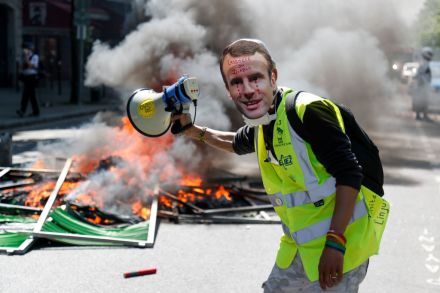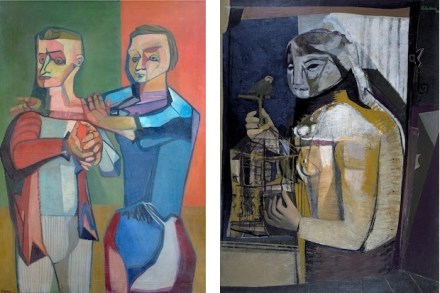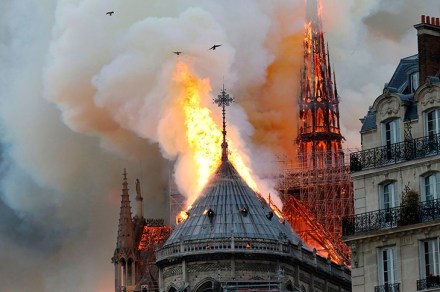The mysterious ways of the French
These new tablets that will save or at least prolong my life have unpredictable side effects which only now, a month after starting to take them, are making themselves felt. Breasts, round and wobbling that I can cup in my palms and jiggle up and down; breasts, moreover, with painfully sensitive nipples. Fatigue: it is almost impossible to be both immobile and awake. By early evening, trapped upright in a chair drawn up to a crowded restaurant table, I’m longing for sleep or even death. And wind, which is perhaps the least expected and most disastrous side effect. Quelling the Boxer Rebellion is the only thing keeping me awake. In



